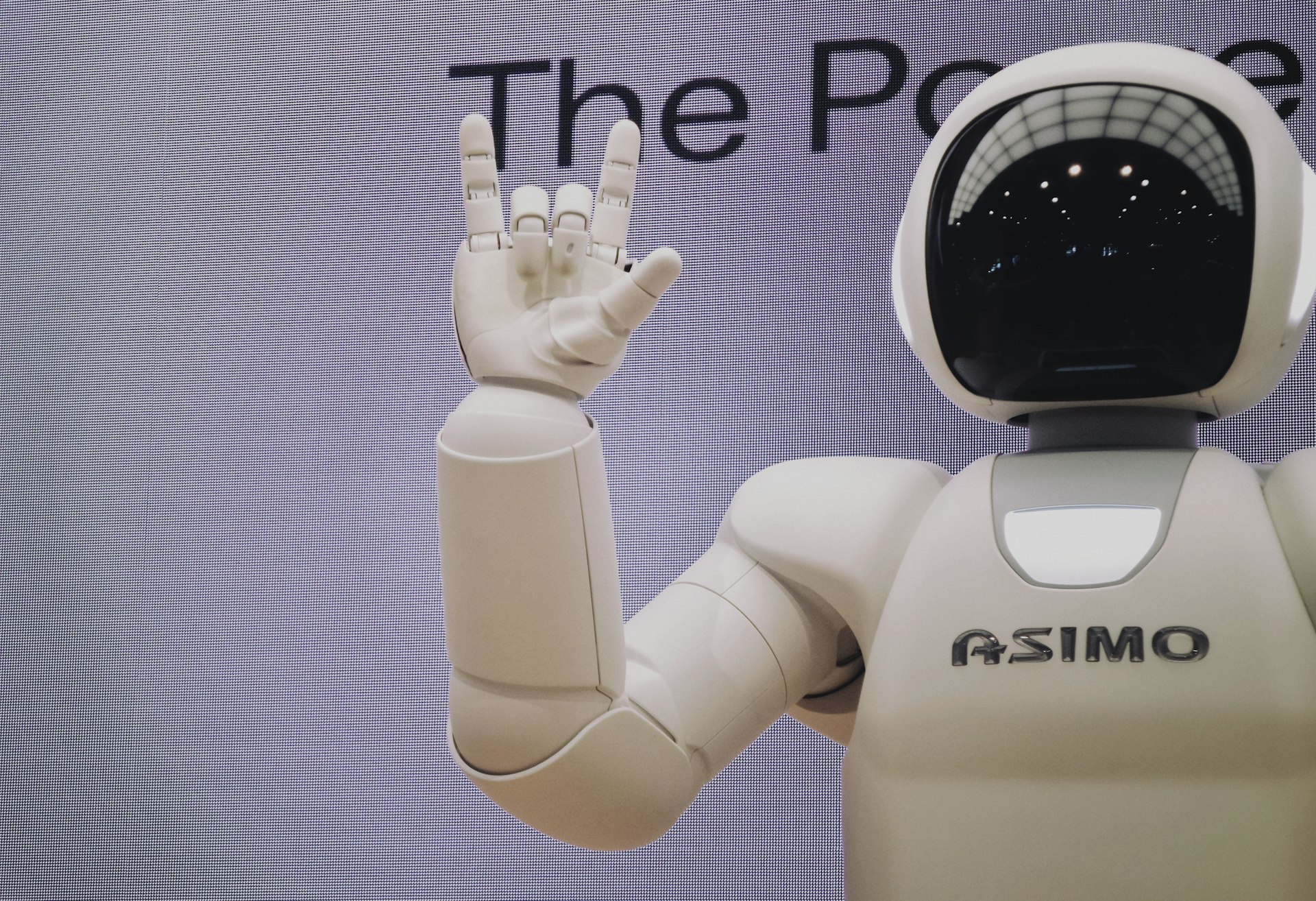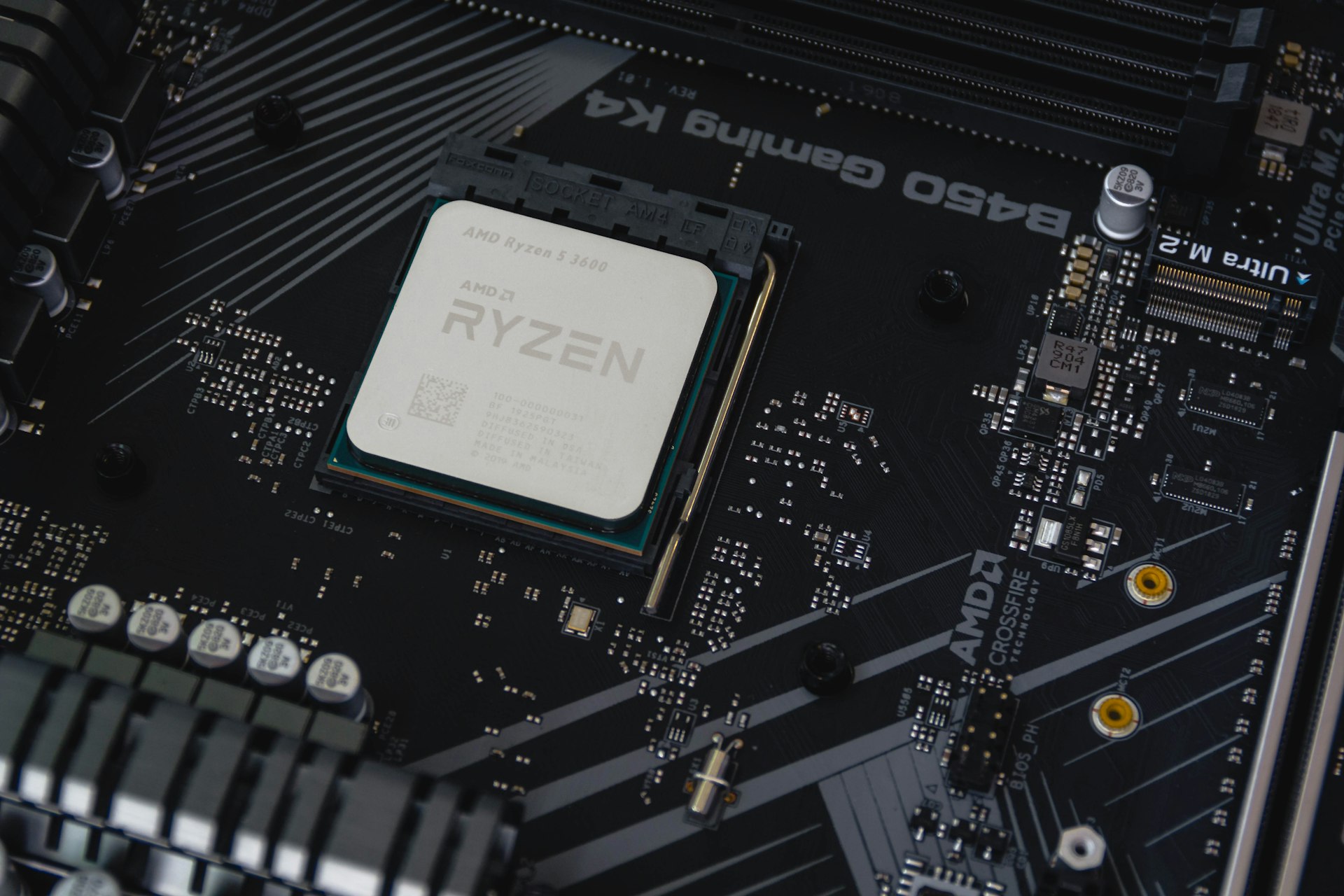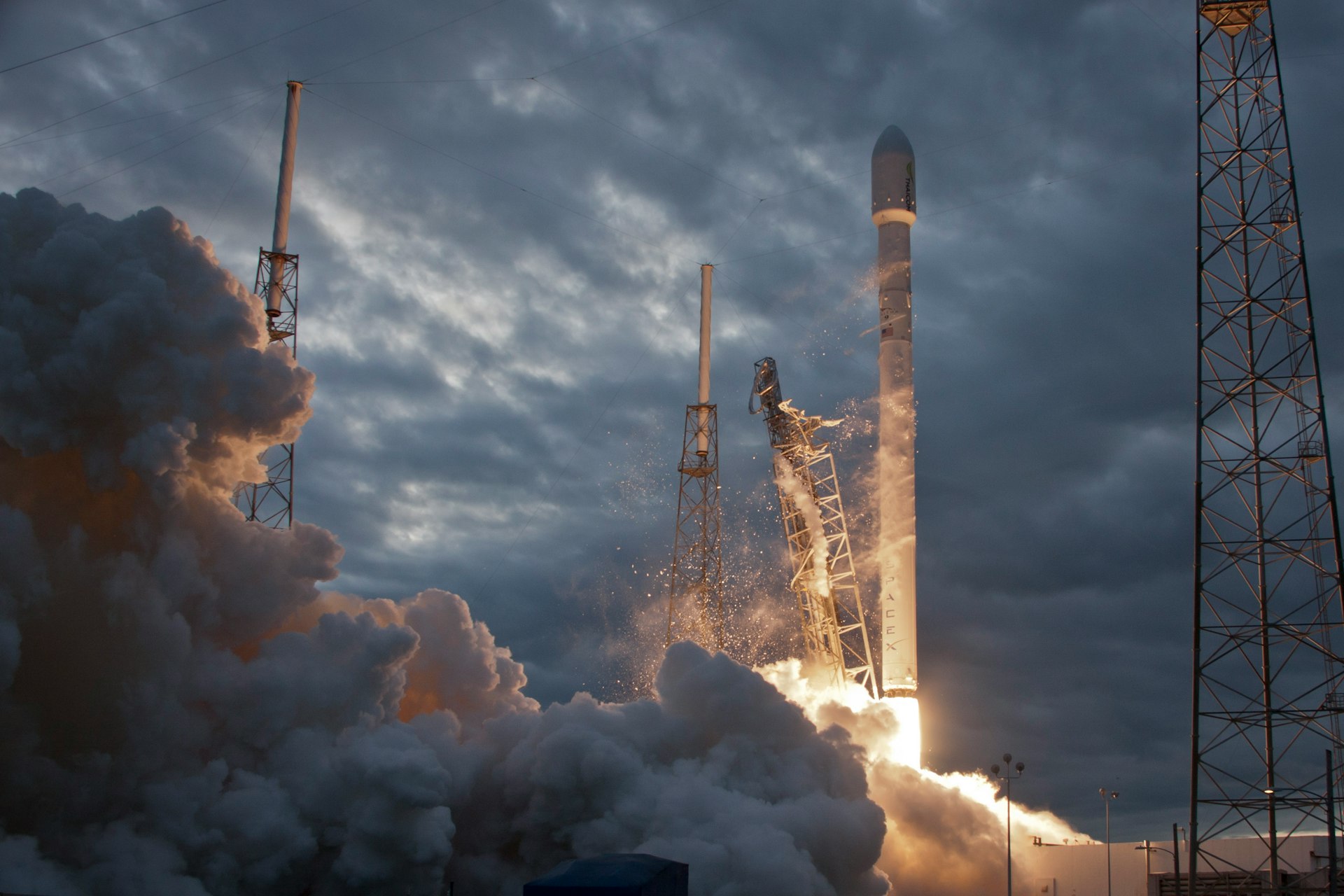Technology has continued its rapid evolution, and in 2025, we are witnessing groundbreaking advancements that are reshaping industries, communication, and daily life. From artificial intelligence to space exploration, technology is at the forefront of human progress. Let’s take a look at where technology stands today and what it means for the future.
Artificial Intelligence and Automation

AI has reached unprecedented levels of sophistication. In 2025, AI-driven tools are more intuitive and capable of handling complex tasks across industries. Businesses rely on AI-powered automation to improve efficiency, while generative AI models assist in content creation, software development, and even healthcare diagnostics. AI-powered chatbots and virtual assistants have become essential for customer service, reducing the need for human intervention in routine tasks.
The Evolution of Smart Devices and IoT

The Internet of Things (IoT) has seamlessly integrated into our daily lives. Smart homes are now more intelligent, with AI-driven automation that enhances security, energy efficiency, and convenience. Wearable technology has advanced to monitor health in real-time, providing early warnings for medical conditions like heart disease and diabetes. Smart cities leverage IoT for efficient traffic management, waste disposal, and enhanced public safety.
5G and the Future of Connectivity

With 5G networks fully implemented worldwide, connectivity has reached new heights. Faster internet speeds and ultra-low latency enable smoother video streaming, enhanced gaming experiences, and more reliable remote work. The expansion of 5G has also accelerated the adoption of smart infrastructure, autonomous vehicles, and remote healthcare solutions, making the world more interconnected than ever.
The Rise of Quantum Computing

Quantum computing is no longer a concept of the future—it’s here. In 2025, major tech companies and research institutions are harnessing quantum computers to solve complex problems in fields like cryptography, materials science, and drug discovery. These powerful machines can process massive amounts of data at speeds unimaginable with classical computers, leading to breakthroughs that were once deemed impossible.
Space Exploration and Commercialization

Space technology has progressed significantly, with private companies and government agencies collaborating on missions to the Moon and Mars. Space tourism has become a reality for the wealthy, and advancements in reusable rocket technology have reduced the cost of space travel. Satellite networks have expanded, improving global internet access and enhancing weather prediction capabilities.
Cybersecurity and Digital Privacy

As technology advances, so do cybersecurity threats. In 2025, the rise of AI-driven cyberattacks has led to the development of stronger security measures. Businesses and individuals prioritize digital privacy, with blockchain-based solutions gaining traction for secure transactions and identity verification. Governments continue to enforce stricter data protection laws to combat cybercrime and safeguard user information.
The Future Outlook
Technology in 2025 has significantly transformed the way we work, communicate, and live. While these advancements bring incredible opportunities, they also raise ethical concerns about AI ethics, data privacy, and automation’s impact on jobs. As we move forward, society must find a balance between technological progress and human values to ensure a future that benefits all.
The world of technology is evolving at an unprecedented pace, and 2025 is just another stepping stone toward a future filled with even greater possibilities. What do you think the next big breakthrough will be? Let us know in the comments!